Podcast: Play in new window | Download
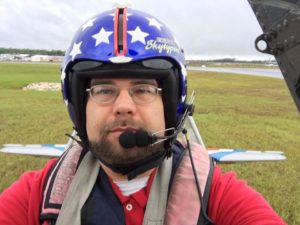 In this episode we answer your questions. Joining me today is Eric Crump, Aerospace Director of Polk State College and all round good guy. Welcome to the show Eric.
In this episode we answer your questions. Joining me today is Eric Crump, Aerospace Director of Polk State College and all round good guy. Welcome to the show Eric.
Announcements:
Need Money for flight training or education? Don’t forget to purchase the Aerospace Scholarships guide 2017 is available on Amazon and in Itunes.
Eric announced that one of his students Dylan became a CFI. Dylan is a flight team member and one of Carl mentees.
Listener Questions and Feedback:
Carl and Eric start with an explanation of how VA benefits can be used for flight instruction, and referenced a long and detailed explanation of the benefits. Eric gave a great summary of the rules. Here is the complete e-mail from a listener:
Thank you for your superb podcast! I can't count how many of my questions were answered just by listening to your shows. I appreciate the quality, depth, heart & humor that you, your co-hosts & guests put into it. Its truly a treasure. And not just for me, but also for my students. I don't listen just for my own sake, but also so I can better answer my students' questions about career issues. As a CFI these questions come up frequently, so your message is reaching them too!
Speaking of students, I saw your post saying you'd like to hear from listeners who have experiences as veterans using benefits to further an aviation career. I'm happy to report I utilized GI Bill benefits to culminate with a full-time government piloting career w/ excellent pay, benefits, & job satisfaction--can't beat the view from the "office" (the cockpit)! I served as an Air Force officer in Afghanistan among other places.
My career field in the Air Force is very high-demand, so there was no opportunity for me to transfer to become a pilot in the Air Force. After realizing this and doing some soul-searching I decided to leave active duty and go into the Reserves so I could attend civilian flight training to become a professional pilot.
I was already a private pilot and had a bachelor's degree, but I still needed to get advanced flight training from Instrument on. I decided to go to Western Michigan University's College of Aviation for my flight training since they had an excellent program & reputation for flight training and also since my wife could go back to school in Music which is another strong program at Western Michigan (WMU).
My plan was to use GI Bill funding & possibly some student loans to help pay for my flight training. In addition to the quality flight training at WMU, I also chose to go to flight school there because as a university program it is categorized as an Institution of Higher Learning (IHL) where the GI Bill and other financial aid options can be more fully leveraged as opposed to a non-college (non-IHL) flight school. It turns out these were all great decisions.
After leaving active duty my wife & I packed up our moving truck and drove off into the dark on our road trip to Michigan from across the country. I say it was a drive into the dark because we had no idea where we would work, I still had no confirmation of being hired into a Reserve unit, and we didn't know exactly how we would pay for all of this going back to school business (especially the flying).
However, we felt like it was the right thing to do after considerable thought, soul searching, discussions and prayers...so off we went! We felt like we really needed to accomplish our dreams while we had the chance because we knew eventually it might get tougher once we have kids and who knows if we'd ever have the opportunity again.
It only took a matter of days after arriving in Michigan before I started my Cirrus transition course so I could begin Instrument training at WMU. Thankfully there were some really helpful people at WMU that knew how to help me navigate all the technicalities with the GI Bill funding and they got me set up for success. Because I was attending an Institution of Higher Learning (an accredited university flight program w/ VA-approved flight training), almost all of my Part 141 flight lab costs were covered. Plus my tuition for ground and other university classes were also covered... classes like Instrument & Commercial ground school, Aviation Weather, etc. I actually did my commercial training in a multi-engine aircraft (the Seminole) and added the single-engine rating afterwards.
The benefit of doing it that way was I wound up w/ more MEL time after finishing the Commercial Pilot training which of course is what many employers want to see. Occasionally there were things like study materials, written tests, the Cirrus transition course, and flight exams I had to pay for out-of-pocket, but basically all of my Part 141 training to include Instrument, Commercial MEL, Commercial SEL add-on, and the university classes were all covered. The colleges calculate cost estimates for completing flight labs and run those figures through the VA for approval, so the amount the VA covers might not be the whole amount depending on how an individual student progresses, but it certainly covered most of it in my experience.
I absolutely loved being a flight student at Western Michigan. The Cirrus aircraft were really neat and slick airplanes to fly with glass cockpit avionics. The big wrap-around screen Cirrus flight simulators were especially cool for the Instrument training (parachute deployment practice and all!) and I had great instructors all around. Can't say enough good about the program there, including how helpful their staff were for managing the GI Bill funding.
When I decided to become a CFI I had to switch to do CFI training at a different university because WMU's CFI course was to yet approved for Part 141 / VA funding at the time, but it looks like WMU does have a VA-approved program for CFI training now.
Keep in mind that as this is all happening I was also working on a Master's degree, I became a father, we bought a house and flipped it, and I got sent to Afghanistan on a deployment, all the while working at least 1/2 time for the Air Force. So it took me a while , approximately 5 years to chip away at the flight training, but eventually I got that CFI while I was working a full-time job as an Air Force civilian employee.
With the CFI in hand I quickly realized I had an opportunity to start flying for a living, so I took yet another step into the dark. I left my well-paying Air Force job to go flight instruct at a great FBO. It was a massive pay cut but a better office; a cockpit! I loved teaching and flying every day and seeing my students take flight while I was learning so much from the other instructors I worked with.
While I was flight instructing I was able to use GI Bill again to upgrade to CFII under a VA-approved 141 program. This time it was using GI Bill for flight training in a vocational flight school, not an Institution of Higher Learning. That's an important distinction to make. Although almost all my costs for the CFII were covered by VA, the cost to me as far as what was being taken out of my benefits was basically more expensive to me.
Here's why: Veterans under the Post-9/11 GI Bill are eligible for up to 36 mo's of benefits. If I were to use benefits at an IHL for one semester, the VA covers my costs for that semester and then says, ok, we paid for your school that semester, which is about 4 months long, so now you have 4 months of benefits that you used, so now you have 4 months less time available to use your GI Bill benefits. So if you started at 36 mo's, now you have 32 mo's remaining.
But if you do your training vocationally, not at an IHL, then the calculations are different. In this case, VA says, ok, for *vocational* flight training we will approve up to (estimate) about $10,000 a year and no more than that.
So, let's say your CFII costs about $5,000. Well that means you spent half of what we would approve for the year, so we're going to take 6 months of benefits (half a year) from your total benefits available. So if you started with 36 mo's, now you only have 30 mo's remaining. So if you think about it, the vocational training benefits are helpful, but compared to what I was able to get at an IHL, if you do the math, vocational flight training is a much more "expensive" cost to my GI Bill benefits.
Plus, and this is a big plus, if you are at an IHL and are enrolled full-time, you are also eligible for a pretty significant housing allowance. So what I have found is the secret to maximizing Post 9/11 GI Bill benefits is to do the training at an institution of higher learning (side benefit- you get a degree & reduced ATP min's out of it too), and do a ton of training in very condensed periods of time. By condensing my flight training in the summer semesters when the weather was more favorable for flying and when the semesters are shorter I really got a lot of bang for the buck.
In fact, by condensing I had enough time in my GI Bill benefits leftover that I was able to fund almost all of my Masters degree through the remaining GI Bill benefits.
The key is to condense the training. Of course doing it that way means it's kind of like drinking from a fire hose, and I had to throttle back on my professional work during the cram periods, but in the end it paid off because I was able to accomplish both my aviation program and graduate school goals without having to pay much out of pocket.
Keep in mind I am 100% eligible, so other categories for VA funding prorated based on an individual's type and length of service in the military. And then there is the new stipulation that IHLs have to own & operate their own fleet and can't contract out in order for VA to fund it.
I should also mention that other veterans out there might want to consider how being in the Reserves might be able to help you cope with doing a career change and getting through school like I did. I found the Reserves to be a perfect means for making it through flight school and grad school while still being able to provide for a house because the pay & benefits are pretty good for the limited minimum amount of time commitment it entails, and the schedule can be really flexible and complementary to a school schedule if you are in the right type of unit.
In my case I was basically able to schedule my own work around classes, and after I got my Instrument and Commercial training done I started working in the summers full-time on Active Duty orders and that income went a long way towards carrying me through the school year. Plus it is a good way to stay involved in serving the country and having the kind of opportunities a lot of us were attracted to when we first joined the military. A side bonus is health care. When you're in full-time flight training or school, good health care can be hard to get, especially without paying much.
Two of our children were born while we were covered under Tricare Reserve Select (TRS) and the whole family's health insurance was covered for only about $200 a month. Reservists are typically eligible for TRS as long as they aren't on Active Duty or are enrolled in Federal Employee Health Benefits (FEHB).
I'm not sure if the other services do it, but in the Air Force Reserve there also is a tuition assistance program that you can use separate from the GI Bill to cover tuition for classes. It comes with a 3-year Reserve service commitment, so I used some tuition assistance my first year after joining the Reserves which meant it didn't really have an impact in extending my service since I already had a 4-yr commitment to the Reserves after separating from active duty. There also is a cap on the cost per credit hour but it definitely helped in my 1st year of grad school.
After flight instructing for about a year and half, I managed to get hired to fly for the government as a civilian GS employee and I'm totally having a blast! After all those years of work and school it is indescribably invigorating to realize I accomplished my dream of having a job where I get paid to fly airplanes!
It is even better since I'm flying for the government I also accomplished my goal of finding a piloting job where I can serve the country. Being a Government Service job it also has great pay, benefits, and job security, but the best part is I am home almost every night with the wife and kids. I'm almost at ATP hours now, so I'm weighing my options on moving to the airlines mostly owing to the "big shiny jet syndrome" you have spoken of, but the nice pay and schedule make it hard to leave my current.
I will probably be getting in touch with you later to get the coaching process started when the time is right, but for now I'm enjoying where I'm at and looking at how I got here with a grateful heart. I didn't decide to serve the country so I could become rich, few people probably do, but I have to say the GI Bill has certainly made me feel richly blessed. I hope some of my info might pay it forward and help some other veterans out there who listen to your show. Thanks again for the tremendous podcast and all you do for our aviation community.
Listener Mail Continues:
- An oil and gas industry worker asks about the best way for him to transition to aviation, listing his choices and current credentials.
- Request for a recommendation for a book or books to transfer his international licenses to FAA (US) licenses. He also requested a flight school in the Tampa Bay, FL area to help get ready.
- A reader asked for comments about ride sharing jet ventures and if it is a viable business model.
- Comments about banner towing and it's safety, which is dependent on the training you receive.
Pick Of the Week:
Gleim Red Books
Aviation Supplies and Academics
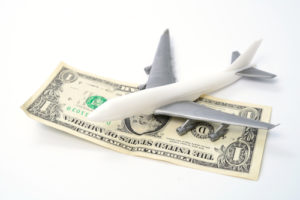 In this episode, we continue our a new series titled “Tips for high-Income Pilots. This series will eventually be an online video course.
In this episode, we continue our a new series titled “Tips for high-Income Pilots. This series will eventually be an online video course.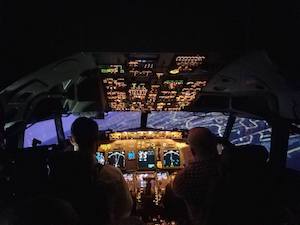
 Have you ever heard of a Medfly pilot? Building flight time towards becoming an airline means flight instructing for most pilots. A unique way to not only build flight time but to build much sought after multi engine turbine time is as a Medfly pilot. Here to discuss this unique job is medfly pilot Sean Edwards.
Have you ever heard of a Medfly pilot? Building flight time towards becoming an airline means flight instructing for most pilots. A unique way to not only build flight time but to build much sought after multi engine turbine time is as a Medfly pilot. Here to discuss this unique job is medfly pilot Sean Edwards.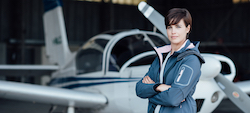 At Aviation Careers Podcast we receive many questions about building hours as a Flight Instructor. We also get questions about how to get over the hurdle of color blindness. In this episode Robert Guyer and Carl Valeri answer your questions about these and other topics.
At Aviation Careers Podcast we receive many questions about building hours as a Flight Instructor. We also get questions about how to get over the hurdle of color blindness. In this episode Robert Guyer and Carl Valeri answer your questions about these and other topics. In this episode we start a new series called five tips for high Income Pilots. This series will eventually be an online video course. This podcast prepares you for your career as a pilot but one thing lacking is help for those pilots that listen who are high wage earners. In general in life once we start making over two hundred thousand a year there are not many avenues for advice and we hope to change that with this series.
In this episode we start a new series called five tips for high Income Pilots. This series will eventually be an online video course. This podcast prepares you for your career as a pilot but one thing lacking is help for those pilots that listen who are high wage earners. In general in life once we start making over two hundred thousand a year there are not many avenues for advice and we hope to change that with this series.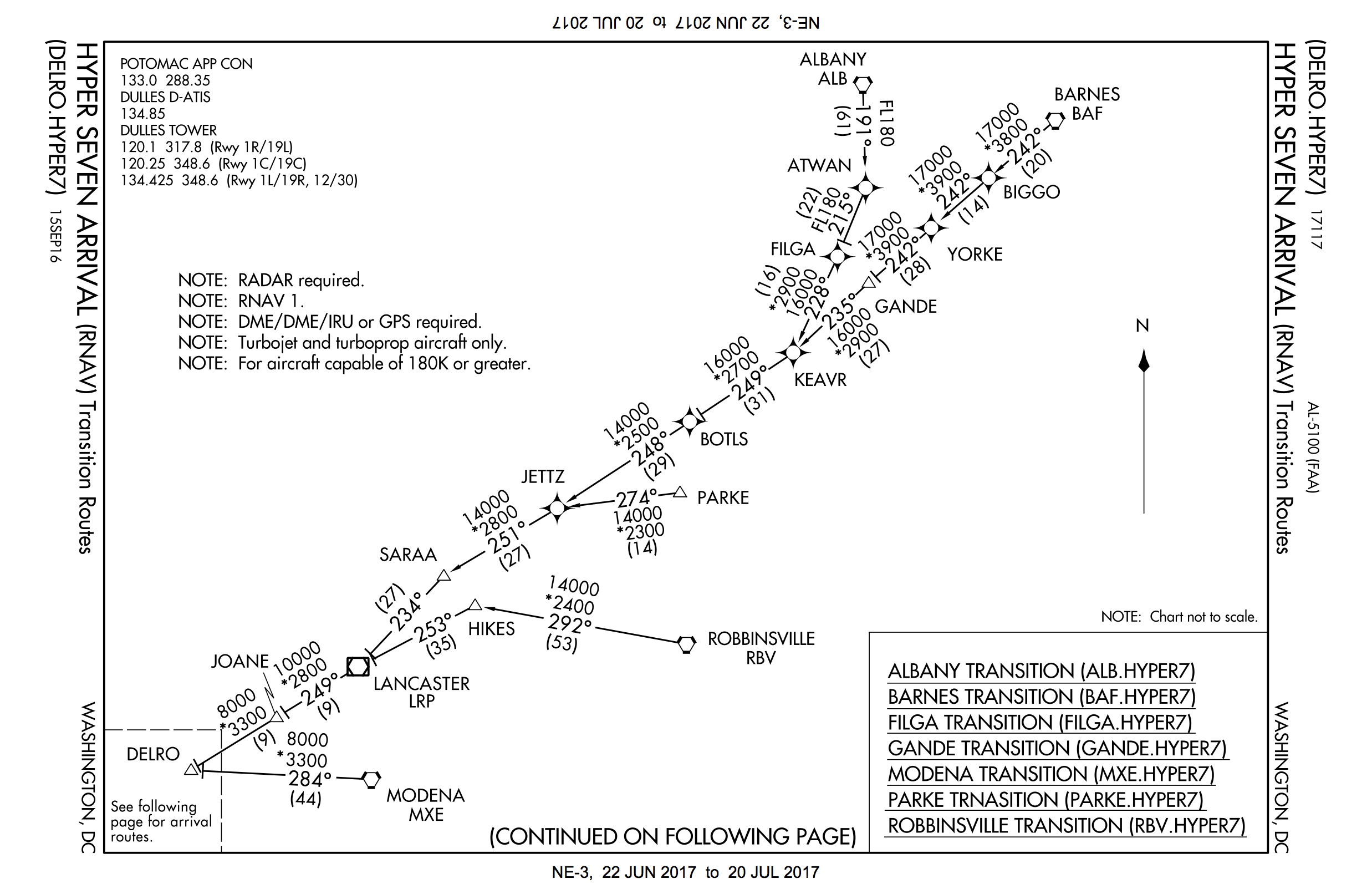
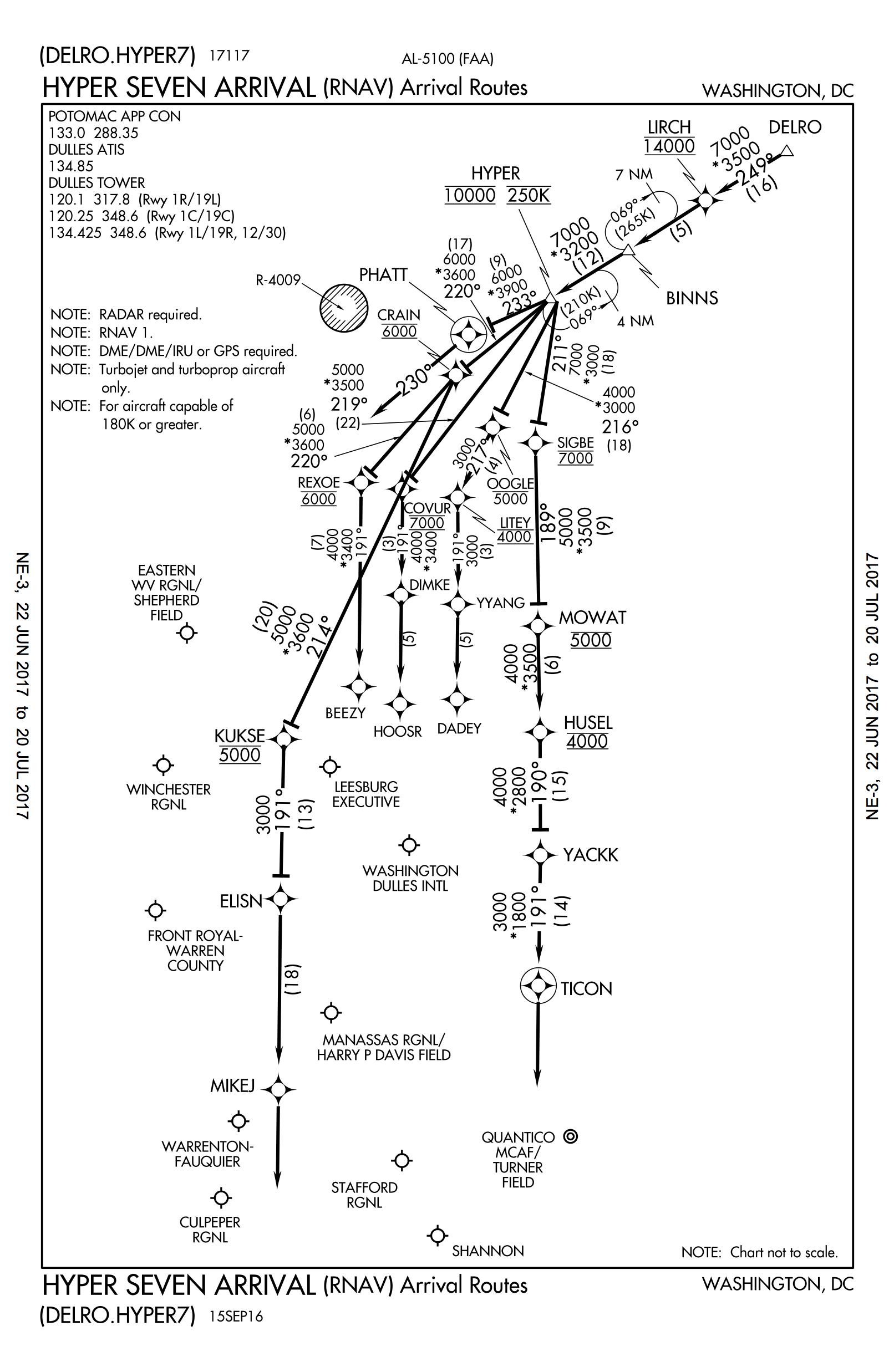
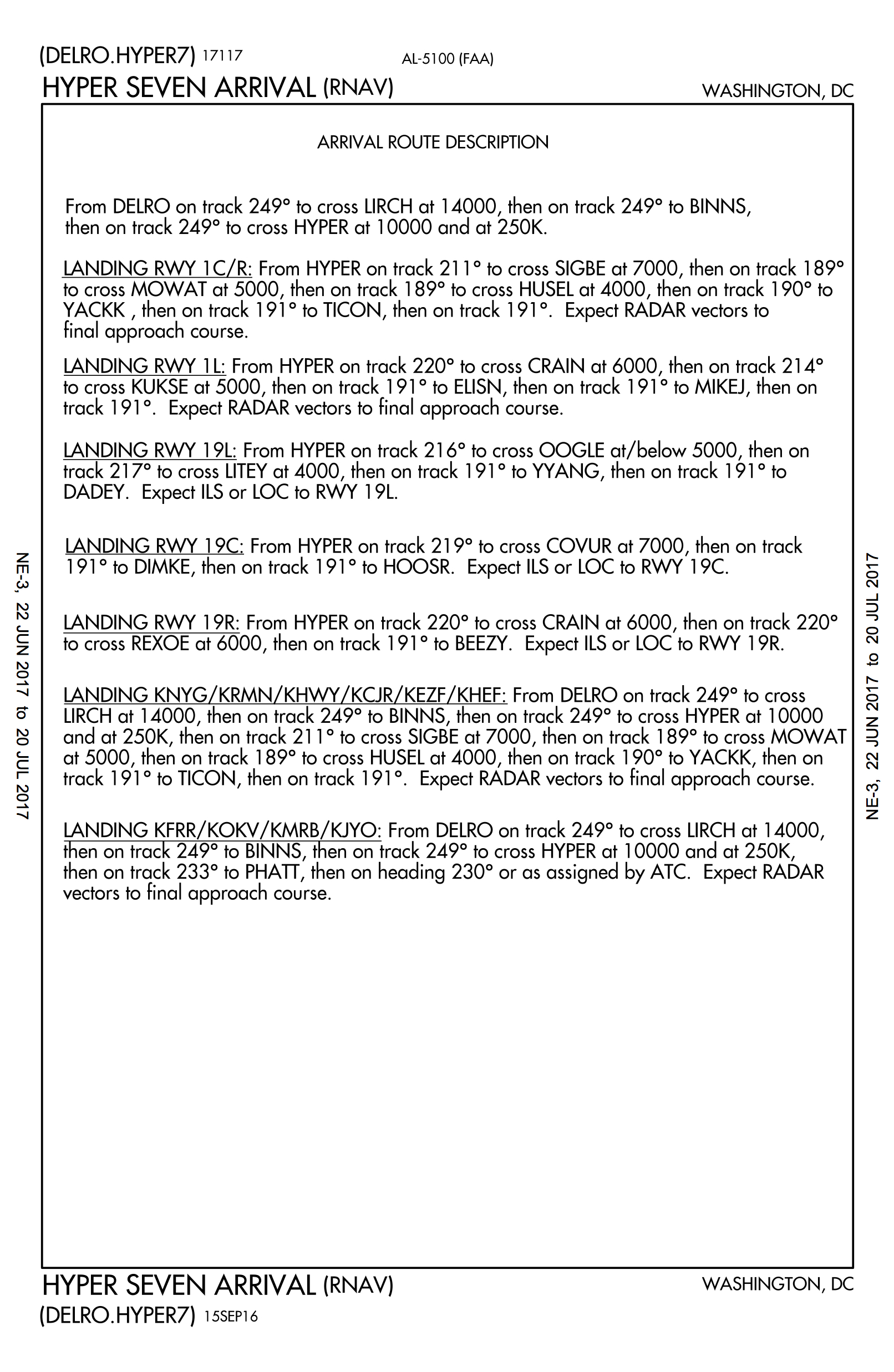
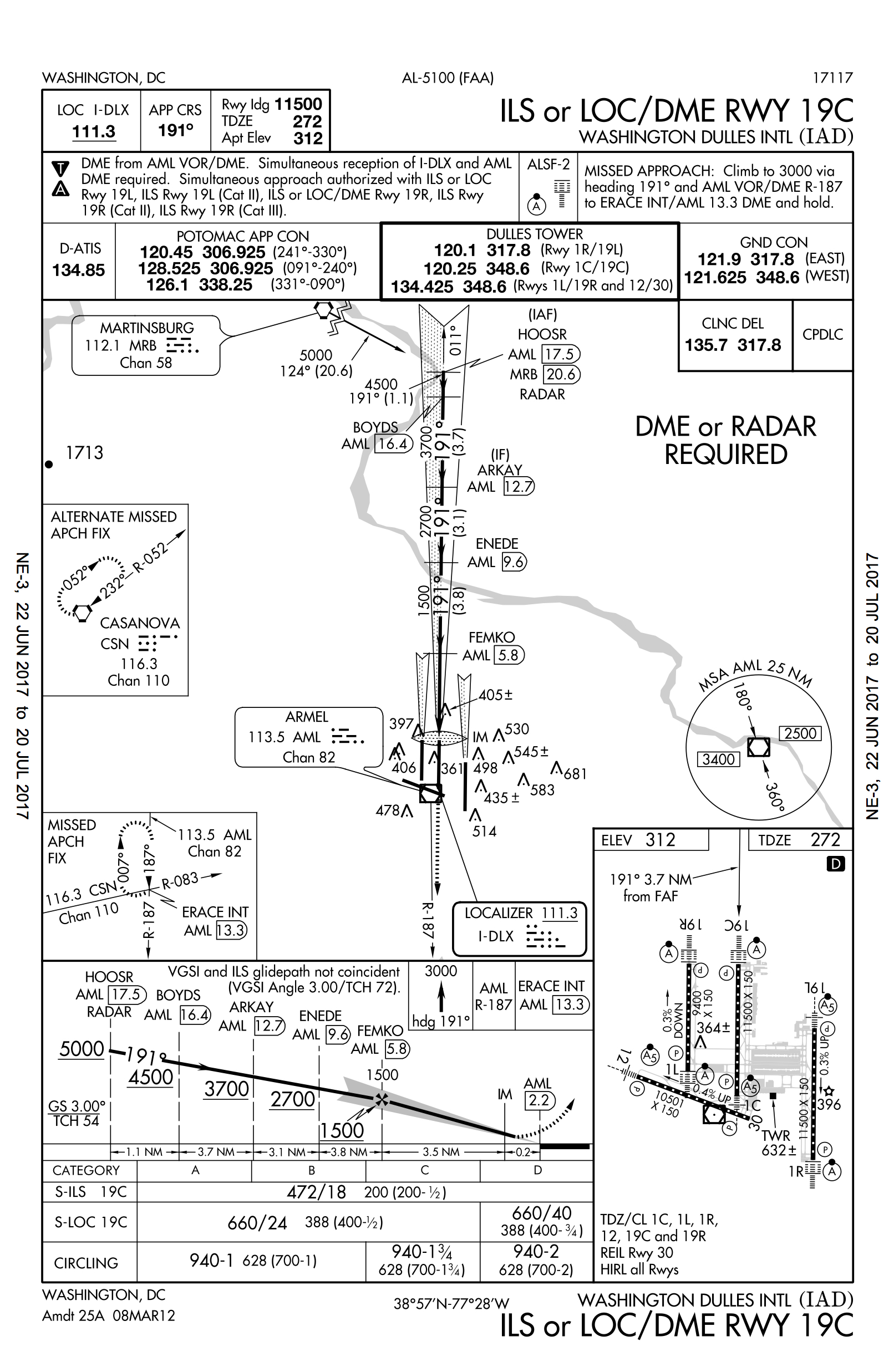
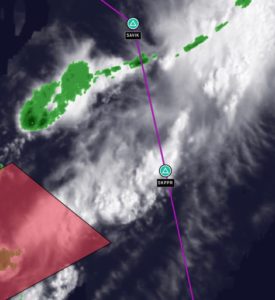 Welcome to the Inspirational, Informational, and Transparent Aviation Career Podcast. In this episode we answer your questions regarding CFI schools, changing careers, and low minimums a red flag.
Welcome to the Inspirational, Informational, and Transparent Aviation Career Podcast. In this episode we answer your questions regarding CFI schools, changing careers, and low minimums a red flag. In this episode, we discuss flying freight to build hours, ab-initio programs amidst the pilot shortage, and having confidence in your aviation career.
In this episode, we discuss flying freight to build hours, ab-initio programs amidst the pilot shortage, and having confidence in your aviation career.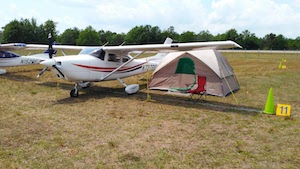 Welcome to a special episode of the podcast, featuring interviews from Sun N Fun 2017! Tonight Carl and Russ Roslewski will introduce and discuss the interviews conducted at the show. You can also check them out on
Welcome to a special episode of the podcast, featuring interviews from Sun N Fun 2017! Tonight Carl and Russ Roslewski will introduce and discuss the interviews conducted at the show. You can also check them out on  In this episode we answer your questions. Joining me today is Eric Crump, Aerospace Director of Polk State College and all round good guy. Welcome to the show Eric.
In this episode we answer your questions. Joining me today is Eric Crump, Aerospace Director of Polk State College and all round good guy. Welcome to the show Eric.